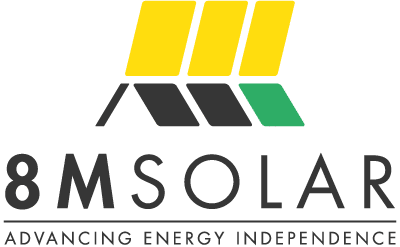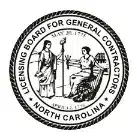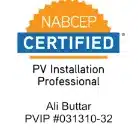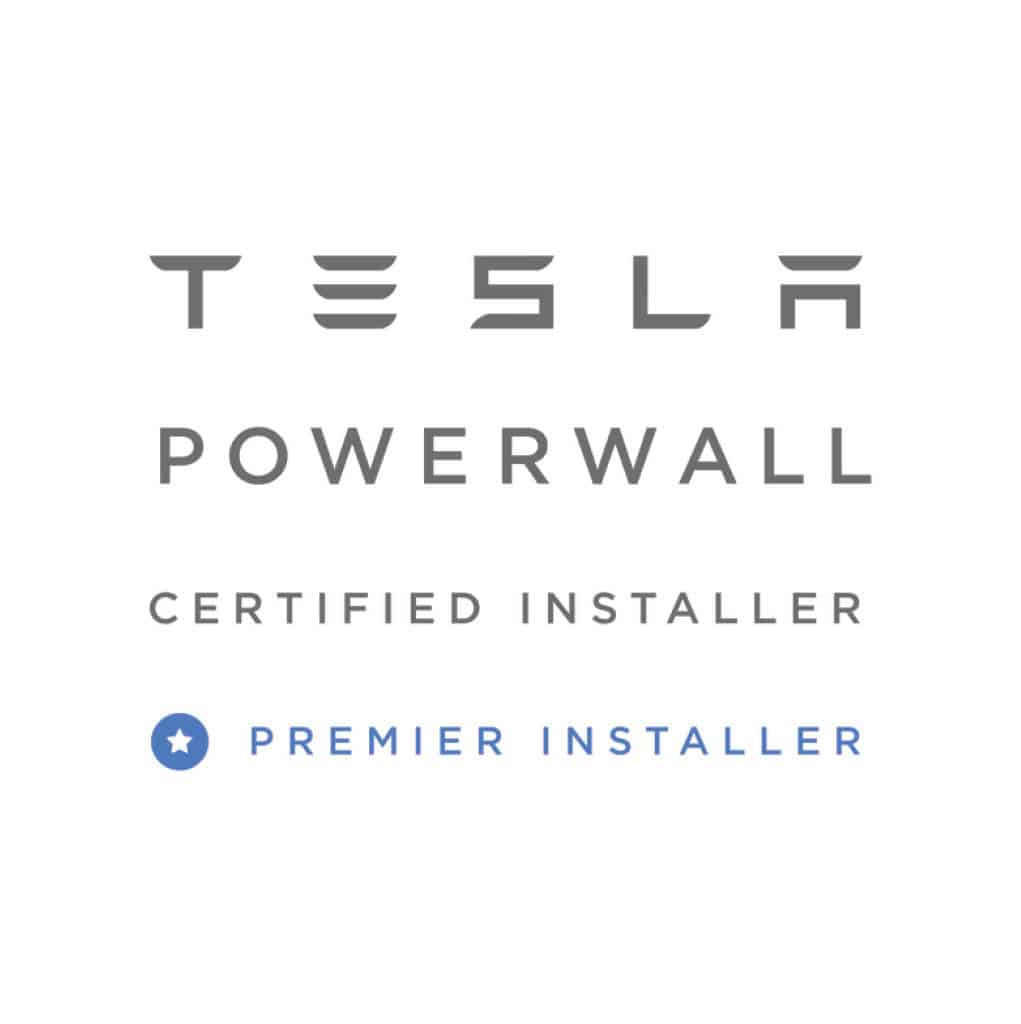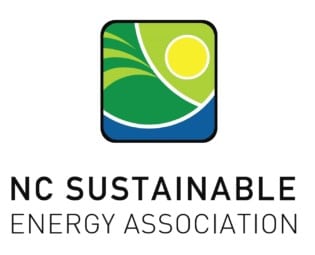Solar panels for home use are an excellent method to decrease dependence on fossil fuels and cut costs on electricity bills. Regrettably, there exist many false beliefs and misunderstandings about solar panels to sort out. Additionally, awareness of fraudulent schemes from dishonest dealers is needed.
Table of Contents
- Widespread Misconceptions
- Solar Panels Lead to Roof Harm
- Solar Panels Fail to Lower Energy Expenses
- Solar Panels Have Short Lifespans
- Solar Panels Function Only on Sunny Days
- Solar Panels Are Prohibitively Costly
- Panels Demand Extensive Maintenance
- Solar Panels Aren’t Environmentally Conscious
- Solar Panels Lack Efficiency
- Solar Panels Diminish Your Property’s Value
- Widespread Solar Frauds to Beware of
- Ways to Steer Clear of Solar Deceptions
- The Last Word on Door to Door Solar Sales
Widespread Misconceptions
As solar panels for residential purposes are becoming increasingly popular across the United States, misunderstandings regarding solar systems have likewise proliferated. Avoid allowing these misconceptions to hinder your exploration into adopting solar, as this might cause you to forego potential monthly savings on energy bills and an opportunity to aid in environmental protection. Solar panels might not be suitable for every dwelling, but it’s essential to discern the truth prior to making a determination.
Solar Panels Lead to Roof Harm
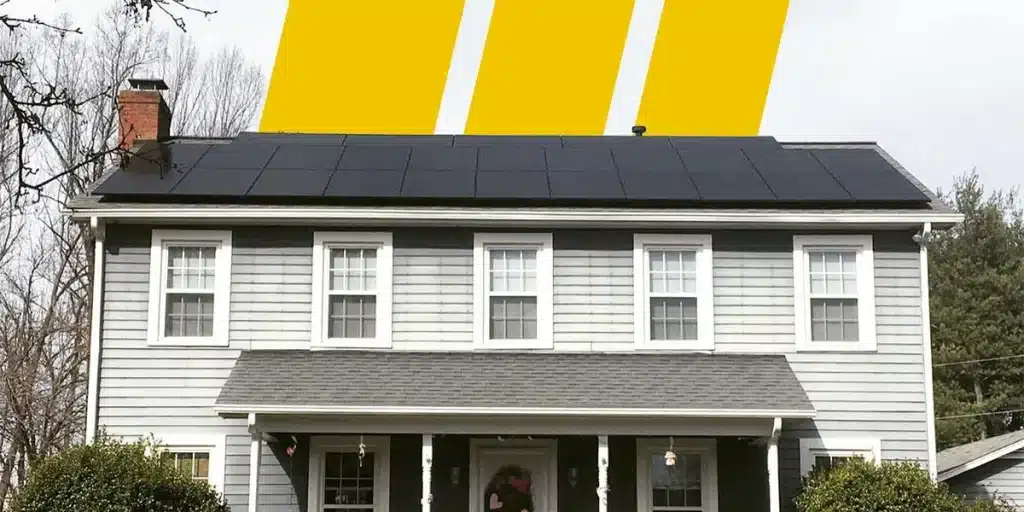
Usually positioned on roofs to capture maximum sunlight, solar panels are often heavy, necessitating special fixtures, leading many property owners to be apprehensive about costly roof impairment. Fortunately, hiring a proficient, seasoned installer should prevent such issues.
Trustworthy solar panel firms will notify you if your roof’s state is inadequate to bear the weight of solar panels. Their installers, being seasoned professionals, will take measures to prevent leaks and other damages. Installation may involve drilling, but proper sealing ensures protection. Certain systems might not even require drilling.
Mostly, fitting solar panels doesn’t annul your roof’s warranty, nor does it nullify a manufacturer’s warranty since they generally cover only material flaws. Should it invalidate a labor warranty, it usually only affects the section with the panels. New warranties are often provided by solar companies on the paneled portion, preserving coverage.
Solar Panels Fail to Lower Energy Expenses
Solar power will substitute part or all of your monthly electricity payments. Savings fluctuate based on various factors, and research indicates that the typical homeowner saved 26%–50% on their monthly utilities after transitioning to solar, with almost a quarter experiencing a 50% or more reduction.
Solar Panels Have Short Lifespans
Concern exists among homeowners that solar panels may not endure long. However, most photovoltaic (PV) panels are constructed to last a minimum of 25 years with appropriate upkeep, and recycling programs are available for their end-of-life phase.
Solar Panels Function Only on Sunny Days
Around 35% of survey respondents worried that solar panels only operate in sunny conditions. Fortunately, they still absorb sunlight even during cloudy or inclement weather. Connection to the local power grid ensures additional power supply, and solar batteries can be incorporated for added power when needed.
Solar Panels Are Prohibitively Costly
Surveys revealed that approximately 62% of homeowners are troubled by the initial expense of solar panels. While costly, various financing options and tax incentives are available to mitigate the costs.
Keep in mind that more than initial costs should be evaluated. Maintenance, potential increases in insurance premiums, and minor monthly monitoring fees may apply.
Panels Demand Extensive Maintenance
Though some upkeep is needed, solar panels generally demand minimal maintenance. Occasional cleaning and checks for secure connections and damage are usually sufficient.
Solar Panels Aren’t Environmentally Conscious
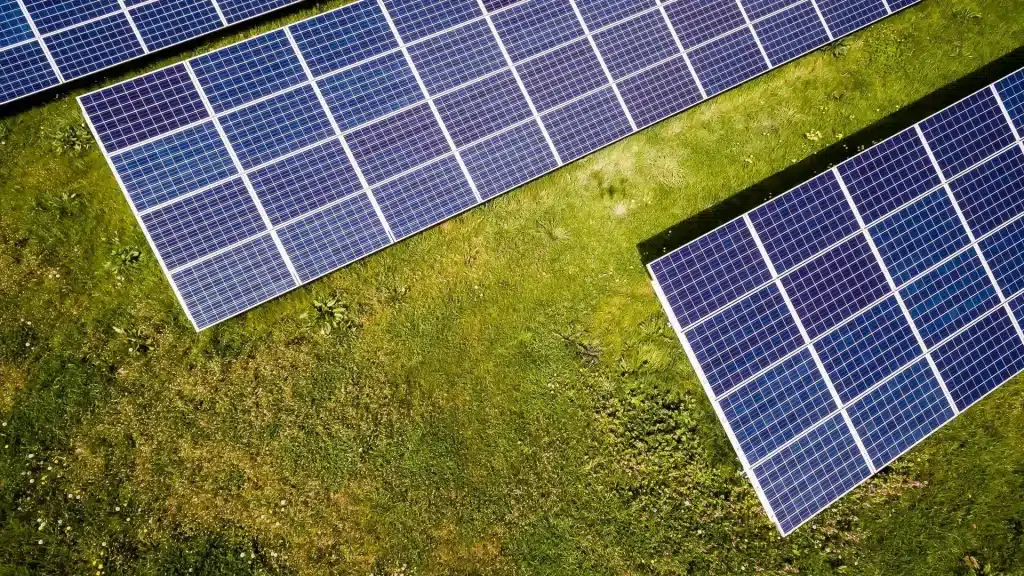
While concerns exist about the manufacturing process, solar panels typically recoup the energy used in their creation within a few years. Recycling and reusing are becoming more prevalent, and many components can be recovered or recycled.
Solar Panels Lack Efficiency
You might question the standard efficiency rating of 15%–22%. However, these numbers are sufficient for residential purposes, considering the abundance of solar energy.
Solar Panels Diminish Your Property’s Value
Solar panel installation typically enhances a home’s resale value, though the actual amount may vary. Ownership of the system usually leads to this increase. If panels are leased at the time of sale, individual buyer preferences will determine the impact on property value.
Careful consideration of your roof’s age and condition is advised before installing solar panels, as it may not be prudent to place them on a “middle-aged” roof. Consider either placing them on a newer roof or concurrently with a roof replacement.
Widespread Solar Frauds to Beware of
Numerous reliable solar panel merchants exist, yet there’s a presence of dishonest businesses that exploit those wishing to spend money on green technology. Even without being outright fraudsters, they may exaggerate potential savings and rebates to close a sale. Here are typical methods employed by fraudulent companies to financially benefit from well-meaning but uninformed buyers.
No-Cost Panel Offers
Bluntly stated, free solar panels are not something being given away. Some firms might propose leasing plans with minimal or zero initial costs, but the contract’s details should always be scrutinized before acceptance. Leasing solar panels means forfeiting the tax incentives associated with them. A sales agent who advertises complimentary or inexpensive installation “for a brief period” while urging a hasty decision is probably dishonest.
This suspicion is confirmed if they solicit your banking information and vow governmental payback for initial expenses. Federal or state tax incentives don’t function this way. Committing to solar panels is a significant choice with a substantial monetary implication. Always allow yourself ample time for contemplation, consulting multiple suppliers before settling on one.
Untrustworthy Lease Contracts
Stay alert for lease and similar arrangements that appear overly advantageous. Agreeing to a lease means the firm covers the installation expense, and you pay them a monthly fee for full access to the panels’ energy. Others might propose power purchase agreements (PPAs), in which you lease the panels and compensate the firm based on consumption rather than a set monthly charge.
These can be genuine options for those unable to meet the solar panel system’s initial costs. However, under such arrangements, the solar panel firm retains ownership, and the homeowner cannot claim any tax incentives. This is lawful provided you, the property owner, acknowledge this when entering into the contract.
Avoid being deceived by those asserting you’ll get complimentary installation and tax refunds. If you desire the financial benefits linked with solar panel possession, contemplate a solar loan instead. Monthly payments will still be required, but you’ll have ownership of both the system and the generated power.
Fraudulent Utility Agents
Around 63.5% of survey participants stated that a door-to-door solar panel seller had approached them. Though some are genuine, many imposters will pose as state or utility representatives, inflating potential tax rebates and savings on energy bills. They may pressure you, insisting that rebate programs are ending soon and to “enroll immediately.”
Such assertions are distortions of the truth. While solar panels can reduce your utility expenses, they’re unlikely to wipe out your power bill. Federal incentives are available through 2033, but no state workers or utility representatives solicit door-to-door. Investigate thoroughly before committing, especially when an offer appears overly favorable.
Aggressive Sales Techniques
Solar panel systems are costly and increasingly popular, so even lawful businesses might employ forceful or deceptive sales strategies to win your patronage. Along with the 63.5% of those surveyed who had been visited by a door-to-door salesperson, 30% were approached by telemarketers. Some are blatant fraudsters who vanish after taking an initial payment.
Others represent legitimate firms but lack fundamental understanding of the merchandise, merely echoing company sales scripts. They might be intermediaries reselling a well-known brand’s panels, trying to secure a sale before you can evaluate them against rivals. Always consult knowledgeable representatives from various firms before finalizing any agreements.
Misleading Claims Regarding Tax Incentives
The complexity of state and federal support for solar power can lead to confusion among homeowners. Unethical companies capitalize on this, pledging immense rebates or programs for which homeowners might not be eligible. Their agents might assert complete or substantial government reimbursement for installation fees.
If you’re pondering the switch to solar, familiarize yourself with the legitimate incentive schemes available. Comprehend the federal tax credit along with any state incentives, and ensure you know your eligibility before committing to solar. Remember, the government does not “refund” you for solar panel installation, as that’s not how these schemes operate.
Ways to Steer Clear of Solar Deceptions
Arm yourself with a fundamental understanding of solar technology and available tax incentives in your region. Here are specific strategies to acquire this vital knowledge.
- Pose pertinent questions about panel efficiency, ownership, tax rebates, hidden costs, and more. Speak with various company representatives for consistent answers.
- Shun forceful sales agents, and be prepared to seek better deals elsewhere. If pressure continues through attractive, short-term discounts, reject them; you can always revisit later.
- Investigate each solar company through the Better Business Bureau (BBB), Trustpilot, Yelp, and Google Reviews. Gauge customer satisfaction with products and services.
- Study local solar incentives to know what’s accessible in your state, county, and city, along with qualification criteria.
- Investigate local solar panel pricing to recognize suspiciously high quotes or implausible deals.
- Seek multiple estimates, engaging at least three providers to compare offerings.
The Last Word on Door to Door Solar Sales
Misunderstandings and fraud in the solar sector have deterred many from adopting solar panels. Still, 94% of those surveyed who had transitioned to solar would recommend it to others. Those who engage with bona fide solar panel firms generally express satisfaction with their decision.
Contemporary solar panels are efficient, secure, durable, and can cut utility bills, although total independence from the grid is usually unattainable. Around 75% of respondents would opt for solar if financially feasible. The real desire for renewable energy like solar among homeowners fuels the proliferation of scammers. With foundational knowledge and a readiness to inquire and compare, you can sidestep deceit and decide whether solar is suitable for you.
